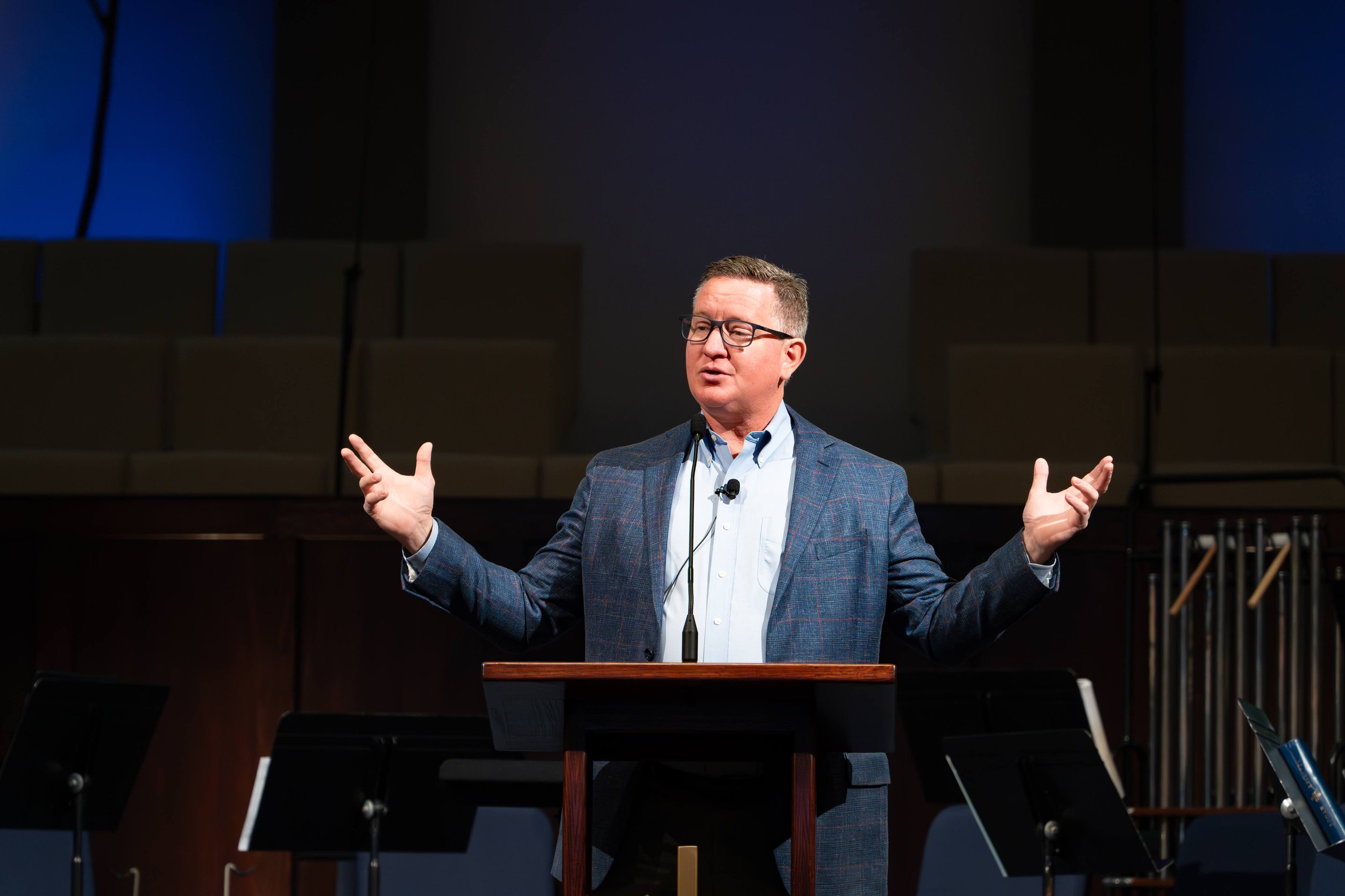Unlike a Rock
Mark 14:66-72
Outline:
I. Peter’s Insecurity in His Denial (66-72a)
a. He ignored Christ’s warning.
b. He had an inflated view of himself.
c. He failed to pray
II. God’s Second Chance in His Grace (72b)
Questions:
Self-Reflection on Pride:
In what ways do you see elements of Peter's self-inflation mirrored in your own life?
How can you cultivate humility and guard against pride in your thoughts, actions, and interactions with others?
Prioritizing Prayer:
What role does prayer currently play in your life, especially during times of trial or temptation?
Are there areas where you've been relying more on your own strength rather than seeking God's guidance through prayer?
Accepting Interruptions as Divine Opportunities:
How do you typically respond to interruptions in your daily life, whether from family, friends, or unexpected circumstances?
Are you open to viewing interruptions as potential divine appointments, opportunities to serve others, or moments for spiritual growth?
Finding Security in Christ Alone:
Reflect on where you find your sense of security and stability in life. Is it primarily in worldly achievements, relationships, or material possessions?
How can you shift your focus to find true security in Christ, recognizing His unchanging nature and steadfast love?
Embracing God's Second Chances:
Have you experienced moments of failure or denial in your faith journey? How did you respond to those setbacks?
Are you open to receiving God's second chances and embracing His forgiveness and restoration in your life?
Repentance and Turning Back to God:
What steps can you take to cultivate a heart of repentance and genuine remorse for any areas of sin or disobedience in your life?
How can you actively seek reconciliation with God and others, acknowledging your need for His grace and forgiveness?
Seeking Strength in Weakness:
How do you typically respond when faced with challenges or trials that exceed your own strength or abilities?
Are you willing to embrace your weaknesses as opportunities for God's power to be made perfect, trusting in His sufficiency to carry you through?
Extending Grace to Others:
In what ways can you demonstrate grace and compassion toward those who have experienced failure or denial, offering them encouragement and support?
How does your understanding of God's grace influence your interactions with others who may be struggling or in need of forgiveness?
Cultivating a Heart of Worship and Gratitude:
How do you respond to moments of God's grace and mercy in your life, especially when He extends second chances or offers forgiveness?
How can you cultivate a heart of worship and gratitude, recognizing God's faithfulness and goodness despite your shortcomings?
Sharing Your Testimony of God's Grace:
How can you use your own experiences of failure, repentance, and restoration to encourage others in their walk with the Lord?
Are you willing to share openly and transparently about God's grace and second chances in your life, pointing others to the hope found in Christ?





















